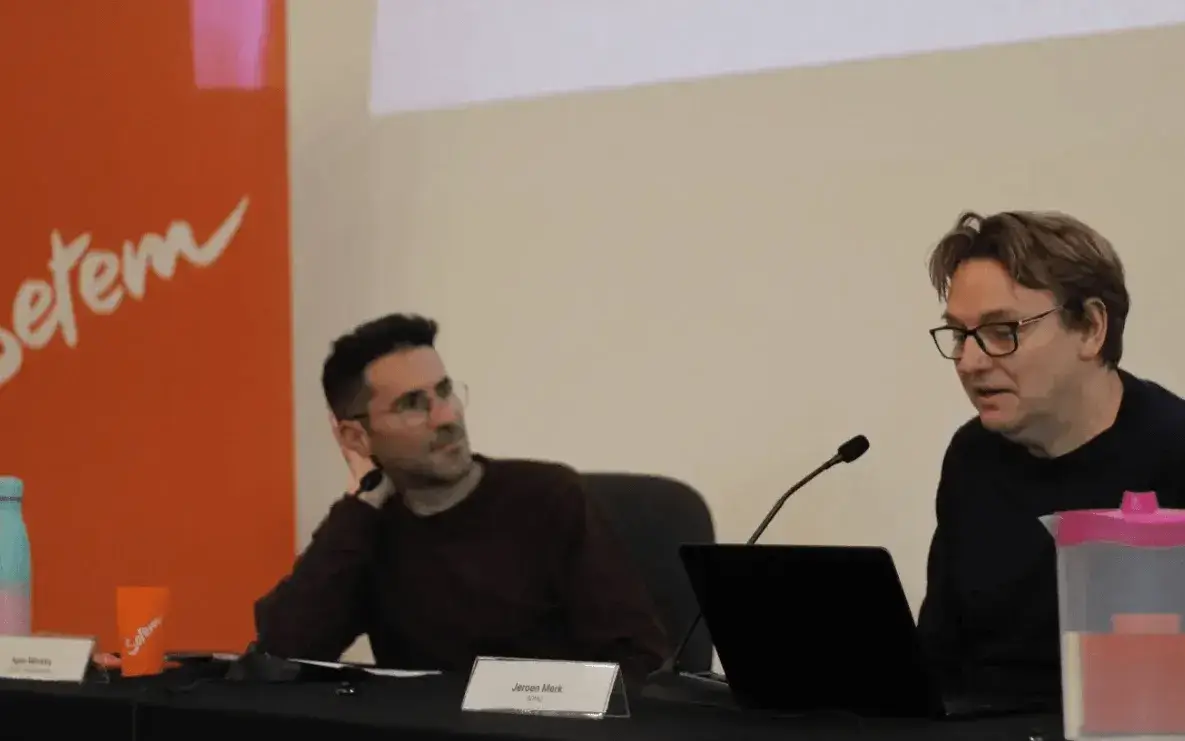The European Right to Repair Campaign, Halte a l’Obsolescence Programme and eReuse share initiatives and calls to increase the lifespan of electronic products at the Mobile Social Congress.
Repairing our electronic devices, reusing them and demanding a commitment against planned obsolescence from companies before recycling. The Mobile Social Congress organised by Setem remind us of the mechanisms available to organisations and citizens to lengthen the lifespan of electronics, which have an impact on the environment and on the situation of workers in countries where minerals are extracted and products are manufactured.
In the long term, repairing electronics can save the consumer around 200 Euro depending on the devices, says Chloé Mikolajczak from the European Right to Repair Campaign. Established in 2019, the coalition of European organisations fighting for the right to repair participates in repair networks, with professional repairs workers, NGOs and a wide range of members.
The campaign considers that products must be designed to be durable and should only be replaced when necessary, allowing for them to be disassembled and for their components to be repaired. Mikolajczak says that one of the main barriers to repairs is those who say: “there’s no point in repairing when you can buy a new one”. That is why they are working on a repair fund to cut back expenses thanks to the contributions of collaborating organisations.
They ask for this to be studied and regulated in European policy, which it is starting to do with ecodesign. "Software companies are the main ones not allowing for many products to be repaired”, she says.
Laetitia Vasseur from Halte a l’Obsolescence Programme (HOP), explains there are several types of planned obsolescence, which she sees as “legal crimes":
- Technical. For instance, when the chip in a printer tells us there is no ink when there is.
- Software. For instance, when you download a new operating system that detects the software wasn’t made by the company and you can’t update it.
- Cultural and psychological. This is due to the social pressure of adverts, telling us that “even if it works, it’s outdated”. In this sense, Vasseur calls for greater control: “They sell us a discourse of circular economy, but at the same time encourage you to buy more and more. Inciting consumerism isn’t compatible with a sustainable future”.
HOP has challenged Apple and Epson in court for these practices and is working on a lifespan and repairability index to foster transparency in companies and provide details on sustainability to consumers.







Add new comment